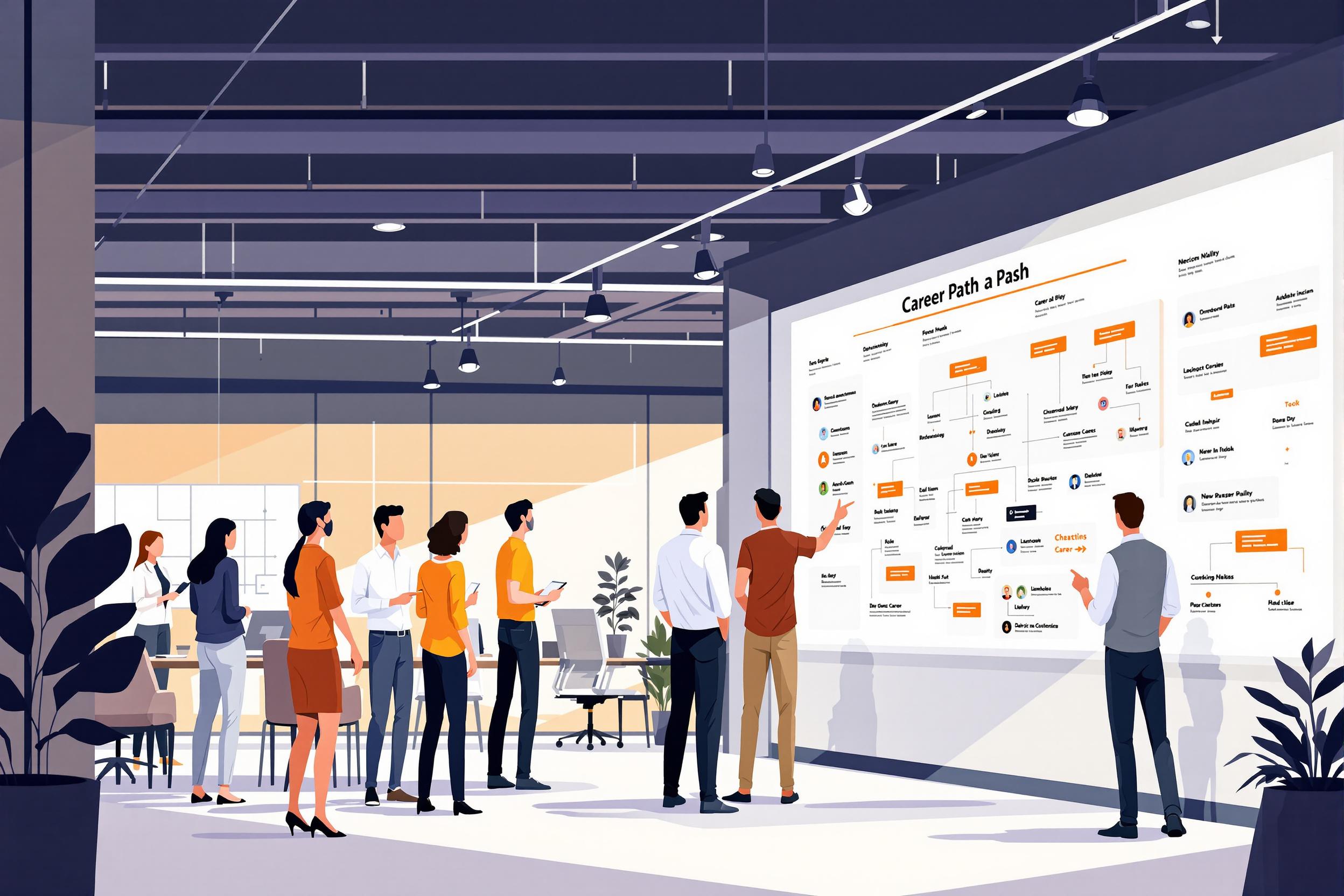
Transport Logistics
Transport Logistics refers to the planning and management of how materials and products are moved from quarries to their destinations. In quarrying, this involves coordinating trucks, routes, and delivery schedules to ensure materials like stone, gravel, or sand reach customers efficiently. It's similar to organizing a complex delivery system, but specifically for heavy construction materials. This role is crucial because it helps companies save money on fuel and time while making sure customers get their materials when needed.
Examples in Resumes
Managed Transport Logistics for 15 quarry trucks, reducing delivery times by 25%
Developed new Transport Logistics routes that saved $50,000 in annual fuel costs
Supervised Transport Logistics and Materials Transport operations for multiple quarry sites
Optimized Logistics Operations and Transport Management for bulk material deliveries
Typical job title: "Transport Logistics Managers"
Also try searching for:
Where to Find Transport Logistics Managers
Professional Associations
Example Interview Questions
Senior Level Questions
Q: How would you handle a situation where multiple quarry sites need deliveries but you have limited trucks available?
Expected Answer: Look for answers that show experience in prioritizing deliveries based on customer urgency, distance, and load size. They should mention scheduling strategies, communication with customers, and possibly suggesting alternative solutions like external transport contractors when needed.
Q: What strategies have you used to reduce transport costs while maintaining delivery reliability?
Expected Answer: Strong answers should include examples of route optimization, fuel efficiency programs, vehicle maintenance scheduling, and driver training. They might also mention using tracking systems and analyzing delivery data to make improvements.
Mid Level Questions
Q: How do you ensure compliance with transport regulations while meeting delivery schedules?
Expected Answer: Should discuss knowledge of driving hours regulations, vehicle weight limits, and safety requirements. Look for mentions of documentation systems and regular driver briefings.
Q: Describe your experience with transport management software systems.
Expected Answer: Should be able to explain how they use software for route planning, scheduling deliveries, tracking vehicles, and generating reports. Focus on practical benefits like improved efficiency and cost savings.
Junior Level Questions
Q: What factors do you consider when planning delivery routes?
Expected Answer: Should mention basics like distance, delivery time windows, traffic patterns, and vehicle capacity. Basic understanding of mapping and scheduling should be demonstrated.
Q: How would you handle a delayed delivery situation?
Expected Answer: Look for customer service focus, communication skills, and basic problem-solving ability. Should mention informing relevant parties and finding alternative solutions.
Experience Level Indicators
Junior (0-2 years)
- Basic route planning
- Delivery scheduling
- Transport documentation
- Communication with drivers
Mid (2-5 years)
- Fleet management
- Cost control
- Team supervision
- Transport regulations compliance
Senior (5+ years)
- Strategic planning
- Budget management
- Multiple site coordination
- Process optimization
Red Flags to Watch For
- No experience with transport regulations and compliance
- Poor understanding of vehicle maintenance requirements
- Lack of basic route planning knowledge
- No experience with delivery scheduling systems
Need more hiring wisdom? Check these out...

Navigating the Legal Labyrinth: Unpacking Global Labor Laws for Transnational Teams

Workforce Solutions Aggregators: The Next Big Thing You Didn't Know You Needed

Unlocking Internal Talent: Why Internal Mobility Is Your Secret Weapon in Talent Acquisition

